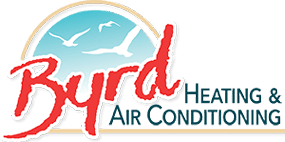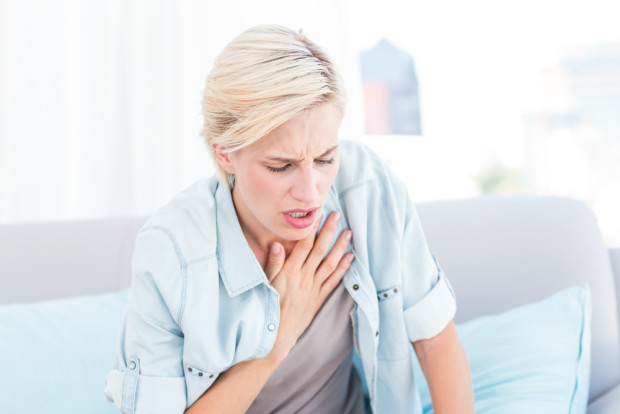To protect the indoor air quality (IAQ) in your Savannah home, experts recommend installing smoke detectors, keeping your HVAC equipment maintained, and checking for mold and mildew infestations. Radon poses a particular threat to many Savannah homeowners who don’t know about the potential effects of this radioactive gas.
What Is Radon?
Radon (specifically, Radon-222) is an inert gas that was discovered in 1899. It occurs naturally when uranium begins to break down or decay. Most often, experts find radon in rock and soil, but in some cases, well water also becomes contaminated with the gas.
Human beings can encounter radon in the air they breathe, the water they drink, and the food they eat. Research suggests that radon gas can also penetrate semi-porous surfaces, such as plastic, paint, sheetrock, and insulation materials.
It’s impossible to smell or taste radon, nor can you see it floating in the air. This makes it highly dangerous because, even in homes with high degrees of radon, homeowners may not be aware of its presence.
When a person breathes in radon, the particles get trapped within the respiratory system. In the lungs, those particles begin to radiate, and the energy they produce can become carcinogenic.
Next to smoking, radon exposure constitutes the second most common cause of lung cancer. For homeowners who also smoke, the risk of developing cancer increases significantly. The same is true for people who expose themselves to secondhand smoke, though to a lesser degree.
How Do Savannah Residents Get Exposed to Radon?
The soil underneath your Savannah home could produce radon. When this happens, the gas seeps into your home through cracks in your foundation, gaps between walls, and other points of vulnerability. You and your family breathe it in or consume it through the food and water that it contaminates.
Any substance that worsens indoor air quality represents a threat to your family and your home. Radon can enter stealthily, without warning, and since you can’t detect it with your five senses, the only way to protect yourself is to take a proactive approach.
How Do You Know if Radon Invades Your Home?
You can test the radon levels in your home using a test kit or by hiring a qualified tester. A radon test measures the amount of radon gas in the home in terms of picocuries per liter of air (abbreviated pCi/L). The EPA warns that concentrations higher than 4 pCi/L pose a substantial risk and require remediation.
If your test reveals dangerously high levels of radon gas, perform the test again. False positives can cause unnecessary worry, so make sure you’ve taken an accurate reading. If the second test confirms the initial result, you’ll need to protect your home and family against radon gas.
What Can You Do to Remediate Radon?
Reducing the number of entry points for radon gas can help protect your family. Seal cracks in your foundation, for instance, as well as gaps between doors, windows, and walls. This process keeps radon gas at bay and increases your home’s energy efficiency at the same time. You can also hire an HVAC technician to inspect your system and recommend any repairs it might need.
For significant levels of radon, consider a soil suction radon reduction system. It consists of a vent and a pipe that propels air from the soil underneath your home to the outside so it doesn’t infiltrate your interior rooms. Using a long-term radon monitor can also help you keep track of the situation and alert you to spikes in radon gas.
How Can You Control Your Home’s Indoor Air Quality?
You spend many hours each week within the rooms of your home, so you want them to be filled with healthy, uncontaminated air. To improve your family’s health and comfort, consider equipping your home with IAQ products that clean, filter, or otherwise improve air quality.
For example, carbon monoxide and smoke detectors alert your family to high concentrations of dangerous air contaminants. Air cleaners and purifiers use various types of technology to kill viruses, bacteria, and other harmful irritants.
If you need help assessing or fixing the indoor air quality of your home, call Byrd Heating and Air Conditioning at 912-373-8447.
Image provided by Shutterstock




